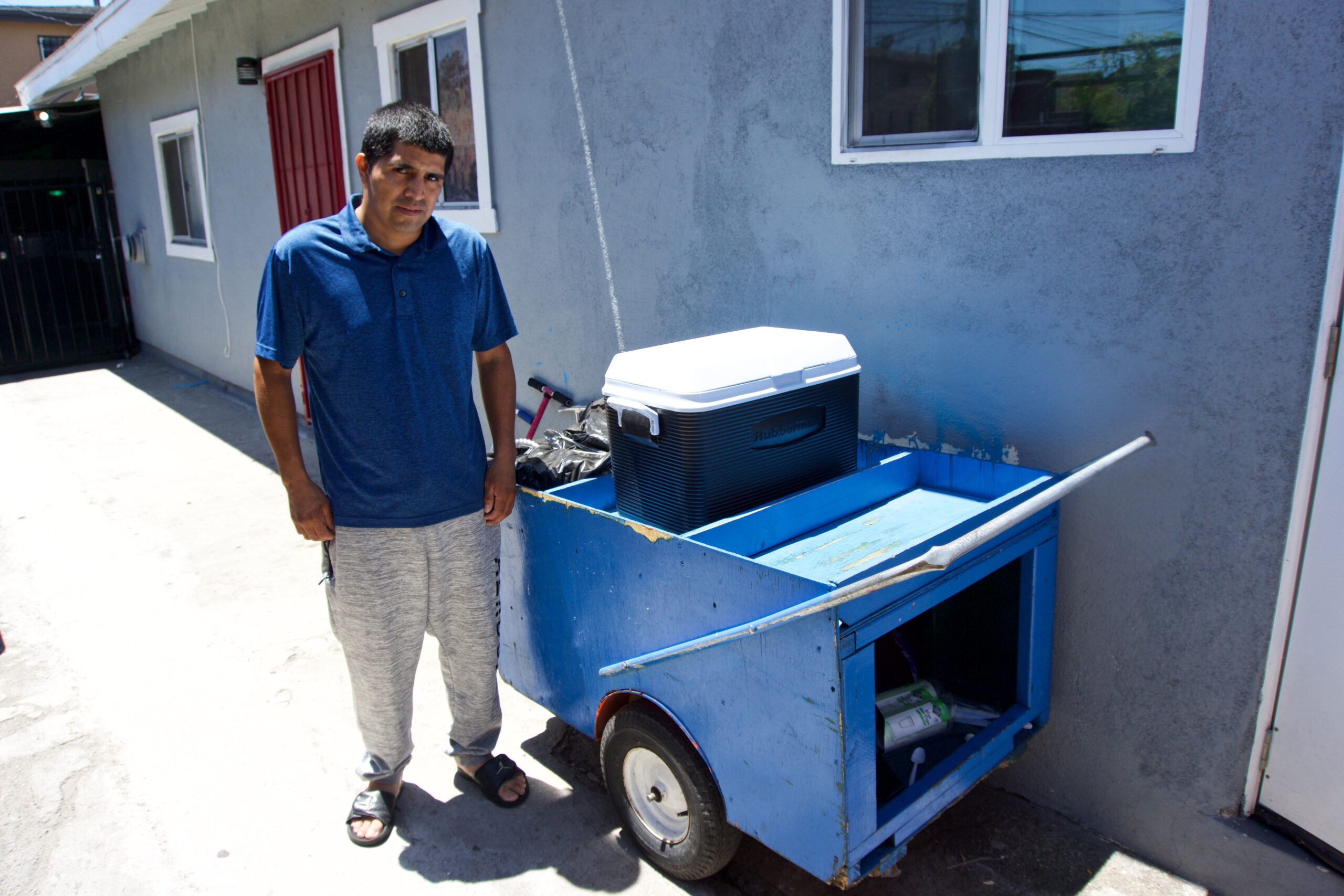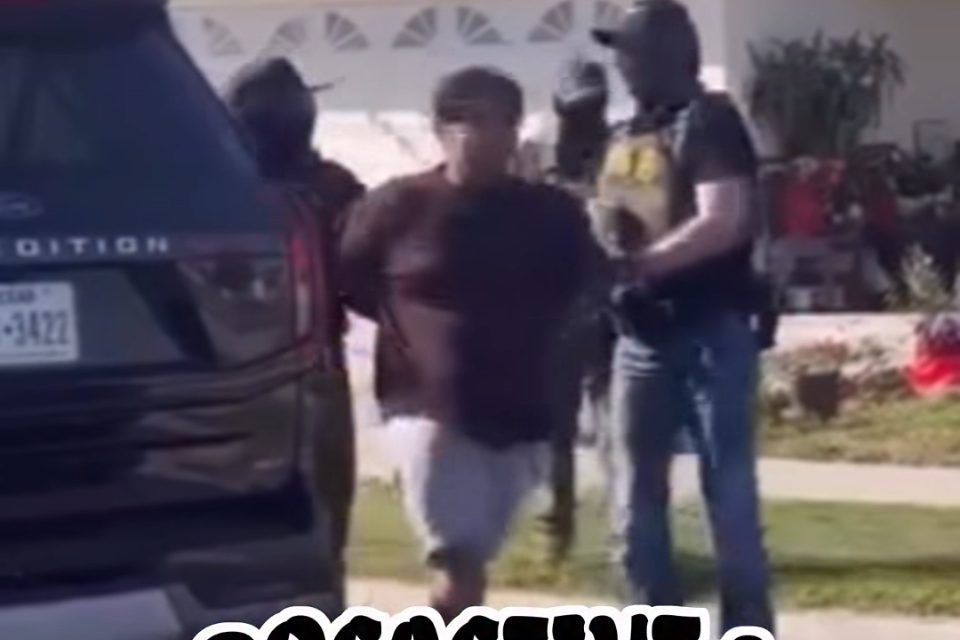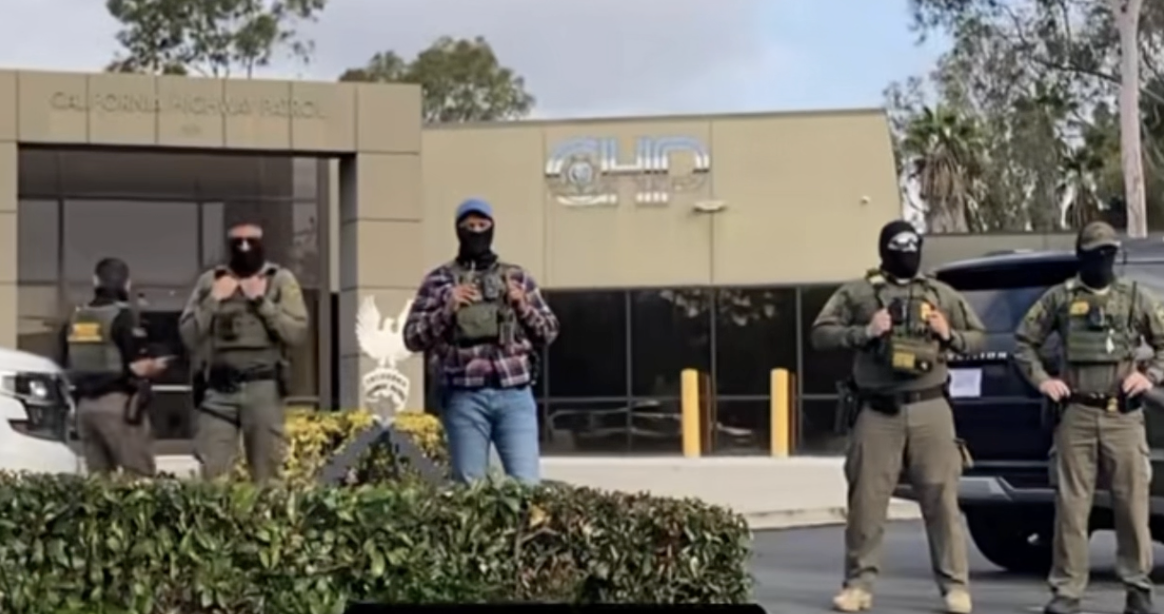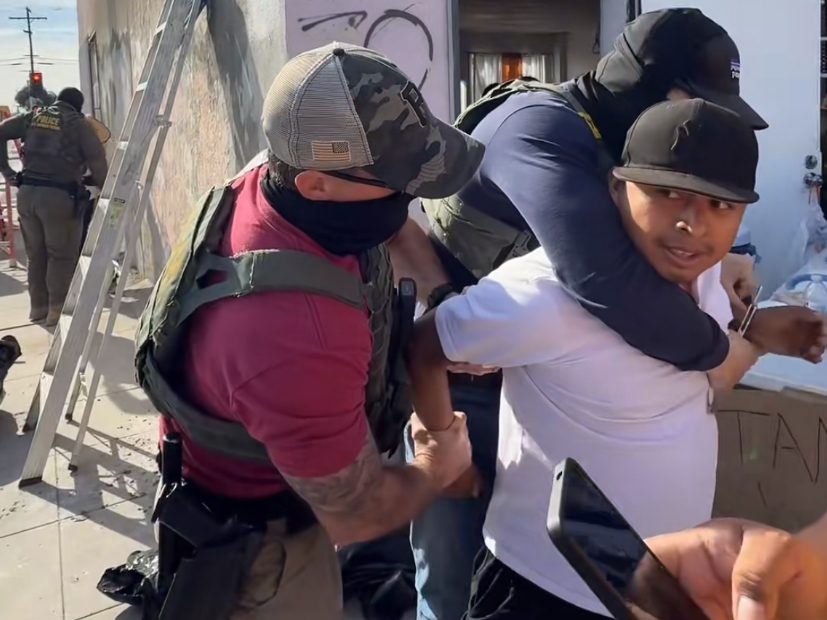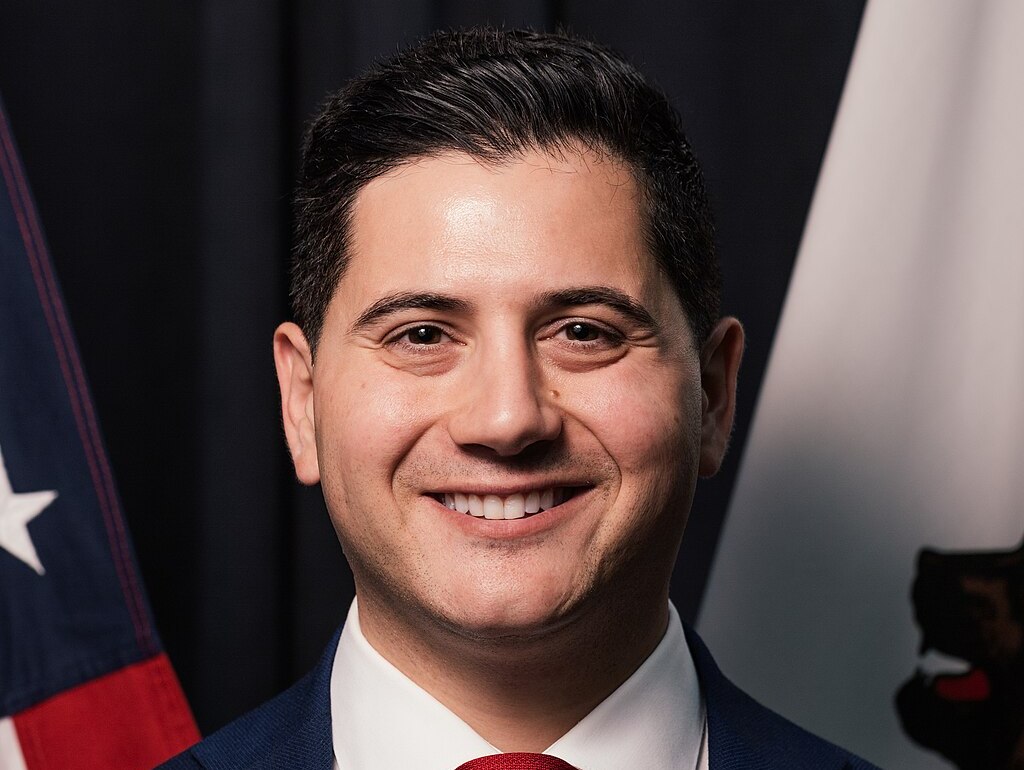[dropcap size=big]I[/dropcap]t was a little past 8 PM on Sunday April 30, when Jose Luis Millán, an elotero (corn vendor) from Watts was shot point blank in the stomach in what he described as an attempted robbery.
“Nunca lo olvidaré (I’ll never forget it),” he said.
The attack was random and came from a person posing as a customer, a tactic that is often used to distract vendors before an attack or robbery. Prior to Millán being shot, a Fresno vendor named Lorenzo Pérez was shot and killed in March by a man who also posed as a customer. Since the pandemic started, L.A. TACO has reported on more than six attacks and robberies involving street vendors throughout Los Angeles. These attacks even prompted community members like Edin Enamorado and Street Vendors United to begin to provide security for vendors. Handing out pepper spray, stunt guns and hiring on demand security.
At the time of Millán’s attack he was finishing his final sales for the day and was talking to his wife on the phone as he made his way down Alameda St. and Century Blvd. He went less than a mile down the street when he noticed a young man sitting near him.
“He looked normal to me, he ended up walking up and asked for an elote (corn) then he left and I kept talking to my wife,” said Millán.
The 32-year-old vendor thought nothing of the situation until the young man stopped him once more, “this time he looked nervous,” he said. That’s when the vendor described feeling like something was off, he turned to the side and noticed a car not too far from him with three other men in it. Meanwhile, the man standing in front of him began to rock back and forth and kept looking at the car near them.
“He clearly wasn't alone because he kept looking at the car and there were also other muchachos (young men) down the street.” he said, holding his now stitched stomach. “I'm guessing they were there in case I decided to run."
"I was trapped.”
With nowhere to go Millán listened to the young man who spoke to him in English, “no le entendi nada,” “I didn't understand anything,” said Millán who speaks strictly Spanish. That’s when the man took out his gun and pointed it at the vendor.
The chile de polvo (chili powder) that Millán normally used to dress his elotes with some spice quickly became his only line of defense. With a tight grip on the bottle the vendor attempted to throw some of the powder on the man’s face but he missed. Growing with frustration, one of the men yelled something to the man holding the gun and in a matter of seconds Millán was shot.
People near the area heard the shot and quickly ran out to his aid, scaring the group of men who eventually fled the scene, leaving the vendor bleeding on the ground.
Eventually the police and ambulance arrived. Still in shock, Millán called his wife back and handed the phone over to police because the pain from the shot left him unable to speak. The bullet entered right below his belly button and pierced through his stomach, exiting through his buttocks.
The vendor who has been selling elotes (corn) and raspados (shaved ice) for the past six years was rushed to the emergency room and reportedly had to have surgery to repair the damage done to his organs. Considering a shot to the stomach can be highly fatal, Millán feels lucky to be alive.
“I shouldn't be here, I really think God was looking out for me because although the bullet went through, I felt like the big golpe (blow) was taken by my belt,” he said pointing at the now healing bullet wound. “If I didn't have my belt I don't know that I would be here right now.”
Millán now has 27 stitches that run down his stomach and he is recovering from the comfort of his home. He said it’ll be a few more months before he decides to go back to work, the fear still noticeable in his eyes. His biggest worry now is not just deciding when he will sell again but also figuring out how he’ll make money when he isnt working.
“Me siento mal (I feel bad) because I am the only person who works in my family,” he said. “I'm the main provider and it's a lot you know paying rent, food, gas I mean es difícil (it's hard).”
More often than not vendors like Millán, who is a full-time vendor, do not have the time to process the trauma they endure when they are attacked. Once the shock wears off, vendors grow concerned about how this will affect them financially, more so when the household depends only on one income.
In Millán’s case he has four children with his wife Nancy Barrios. Their youngest just turned one. When he looked into his little girl's eyes who at the time of our visit was bouncing around in her walker, he said “I don't know how we will get through this but we will find away, we always do.”
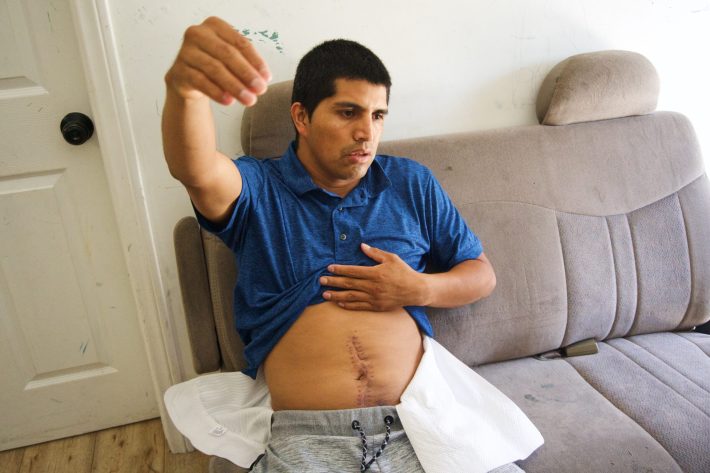
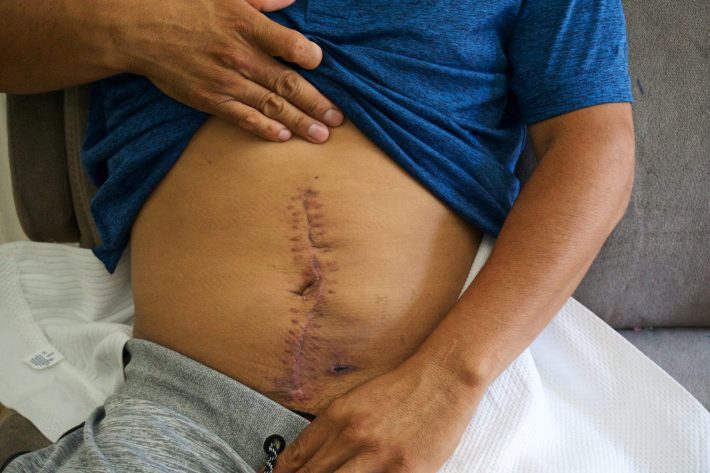
Five days after Millán was shot, on May 5, police reached out to him to let him know that they arrested two men who were allegedly involved in the shooting. The man who reportedly shot him and a man who Millán said was an accomplice. The vendor identified the two men after police visited him in the hospital and showed him two photos. “That’s him!” he said.
Although the long-time vendor feels at a bit at ease knowing two of the men were caught, he said he isn't entirely breathing a sigh of relief. Three months earlier he was attacked by a different group of men who had also attempted to rob him. Fortunately for Millán, onlookers stepped in to protect him. When police came they asked Millán in front of the men if he wanted them arrested to which he said no, out of fear.
“It’s not that easy, because once the person is out of jail they can look for you and they’ll want to hurt you more,” said Millán. “You’re never really safe.”
Law enforcement doesn't always equal safety for all vendors, for many unpermitted vendors who work the streets of L.A. encounters with police and sheriff's deputies are often described as unpleasant. Some say they are criminalized and have at times reported having their belongings taken away by police. Others don't call the police out of fear of being deported due to their legal status. Clashes between street vendors and law enforcement have been documented as early as the 19th century, when angry officials demanded the removal of “tamale wagons” from city streets.
As for Millán, he said although he has not had a bad encounter with an officer he still doesn't feel safe.
He said at the moment he is too scared to return to work and is taking the time to properly heal his wound. He said if he does decide to sell again he might need to look into a different neighborhood which also makes him nervous.
“This can happen to anyone at any time, no one is safe even if all they are doing is trying to earn a bit of money,” said Millán’s wife. “My husband is very lucky that he is here with life and that it didn't go any further than a surgery because it could have been so much worse.”
Since the attack, Millán’s niece Melanie has created a GoFundMe account for the vendor to raise money for his family's expenses while he continues to recover. The vendor from Puebla, Mexico hopes his story will make other vendors be more aware of their surroundings when selling in the street.
“I don't wish this on anyone. As vendors, remember to not be so trusting of everyone who approaches you because look at what happened,” he said. “It isn't fair that we work so hard to make money to feed our families only for someone to come and take that away but our safety comes first. Don't resist.”
Those who wish to donate to Millán can donate here.
The interviews were conducted in Spanish and translated into English by the author.
